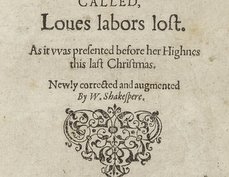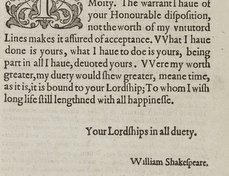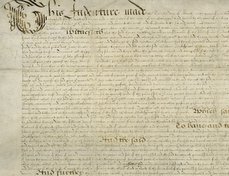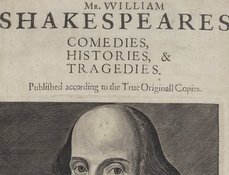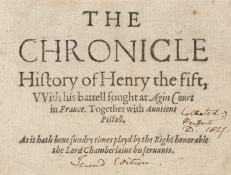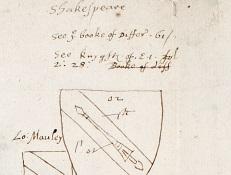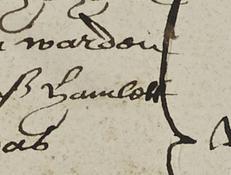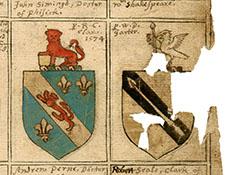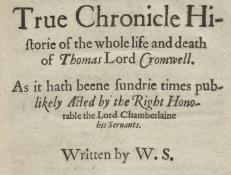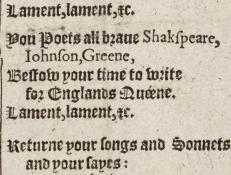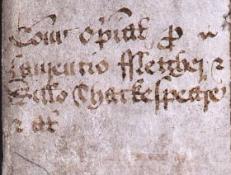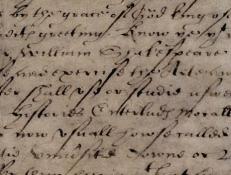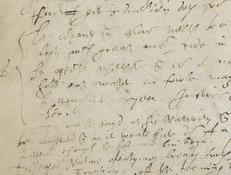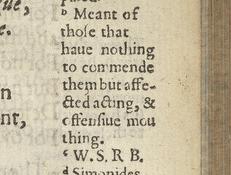Shakespeare Documented is still growing! Currently, two thirds of the descriptions and 98% of the images are available in the resource. Descriptive text will continue to be added, updated and expanded. Visit our About page to learn more about the project scope.
EXPLORE THE DOCUMENTS BY CATEGORY
SHAKESPEARE DOCUMENTED IS STILL GROWING
Descriptive content and transcriptions will continue to be added, updated and expanded. Check back for regular updates!
Filter the documents by tag(s)
1602
In 1602, two years after the first edition, the second edition of Henry V, known as Quarto 2, was printed by Thomas Creede for Thomas Pavier.
ca. 1602
In 1602, York herald Ralph Brooke challenged 23 coats of arms granted by William Dethick, including the arms originally granted to Shakespeare’s father, John Shakespeare, and now belonging to William Shakespeare.
July 26, 1602
Hamlet was entered into Liber C of the Stationers' Company on July 26, 1602.
begun May 28, 1602
SHAKESPEARE DOCUMENTED IS STILL GROWING! Descriptive content and transcriptions will continue to be added, updated and expanded. Check back for regular updates!
1602
The 1602 quarto of Thomas, Lord Cromwell bears the attribution “sundrie times pub- / likely Acted by the Right Hono- / rable the Lord Chamberlaine / his Seruants.
1603
SHAKESPEARE DOCUMENTED IS STILL GROWING! Descriptive content and transcriptions will continue to be added, updated and expanded. Check back for regular updates!
May 19, 1603
Although James VI of Scotland was proclaimed king of England on March 24, 1603, it took him over a month to arrive in London.
May 17, 1603
Although James VI of Scotland was proclaimed king of England on March 24, 1603, it took him over a month to arrive in London.
ca. 1594- 1603
Sometime in the final years of Queen Elizabeth’s reign, someone copied sixty-three lines from Shakespeare’s Henry IV Part 1 into the final leaves of a notebook devoted primarily to his Latin notes on metaphysics and theology.
1603
John Davies of Hereford was one of the most prolific poets of his age. He was born about 1565 and died in 1618, making him William Shakespeare’s nearly exact contemporary.

